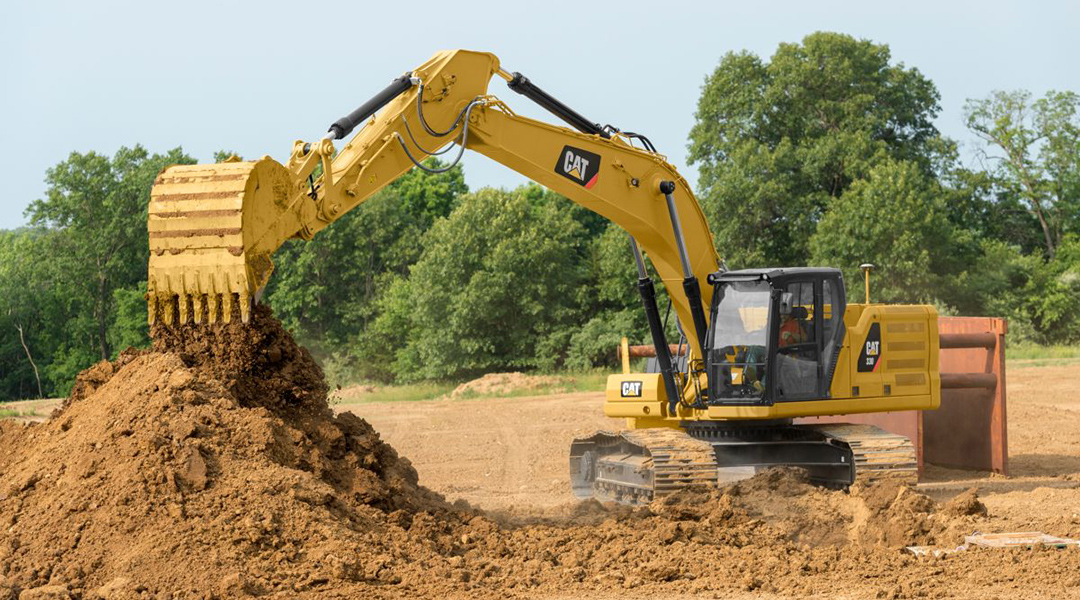Building a highway is a lengthy process that needs expertise for superlative services. Several steps are involved, as the construction process must follow the local government’s rules. Before the building begins, demolition contractors use specialized tools and equipment to haul substantial debris that has been excavated.
Highways must be durable and stable because trucks weighing tones roll down them every day. As such, construction engineers are strict in every step of construction to prevent the highways from collapsing in the future. A budget must be planned before construction so that it can’t be hard to complete due to cash shortages.
The Planning Process
Building a highway can be more complicated than it seems, especially for amateur contractors. Only a few people are required for labor, but lots of specialized equipment are needed. There must be a meeting where government officials must discuss with landowners if the highway must pass in privately-owned lands. The planning process takes time as the construction’s impact must be assessed to avoid polluting the environment.
After that, bidding is done to select a suitable contractor to manage the construction process. Before highway building begins, sewer systems and drains are constructed early to ensure that all the rainwater doesn’t remain stagnant. Then a firm foundation is built to provide the highway with a long life span.
Equipment Used to Build
When building a highway, there are several phases, and each step requires specific equipment. This equipment includes;
- Motor grader that flattens the area where asphalt is placed
- Asphalt paver which lays and compacts asphalt in different facilities including bridge and road
- Road roller machine which presses down concrete, soil, gravel, and asphalt on highways
- Wheel loader is used to lift compacted materials from the ground into the truck
- Truck crane with mounted cranes that aid in lifting anything required during construction
- Excavator is used to digging rocks and earth, which are then loaded on dump trucks
- Asphalt mixing plant that mixes sand, mineral aggregates and a filler in the right proportion heats them and coats the mixture using a binder.
Period of Highway Building
The project to build a highway may take months or even years, depending on the length, among other factors. Besides, the availability of equipment and materials used also plays a role in determining the duration of construction. New drainage systems and culverts can make it a bit complicated, prolonging highway building length.
If the project is more complicated, it needs construction of oil and water separators, underdrains, detention and retention ponds, inlets, and more. At times, the development of a highway sound barrier is required to prevent uncomfortable moments to people living near the highway. The fence is made of concrete and with an average of 14 feet tall. Every additional construction takes more time, hence, a more extended period to build.
Environmental Assessment
An environmental assessment (EA) is undertaken to investigate any impact that the building can have on the environment and how to mitigate them. If the effect can’t be mitigated, measures to reduce it are put in place. Frequently, environmental assessment can take up to one or more years to be completed.
The aim of undertaking such an evaluation is to study environmental factors that lie within the highway’s area. These aspects include; water causes, which include natural and groundwater, noise, acid rocks, wetlands, and many more. The final report in building a highway has protection measures, final design, and any other document that can be required.
Estimating the Cost
Building a highway varies according to length and additional drainage systems, sound barriers, bridges, and several lanes, among others. For example, the approximate cost of building a one-kilometer 2-lane highway can be approximately $3.5 million, with bridges inclusive. All this is determined by the price of materials, payment to demolition contractors, the firm conducting EA, and WPT power.
Factors That Determine Costs of Highway Building
Several factors determine the total amount to be used in highway building. The operating contractor spends money on fuel, insurance, labor, among others. They all add to the total cost during the whole process of building it. The tender of the project and the time required to complete the building also matters. Again, materials used to build are also critical determinants of the cost.
The longer the highway, the more materials used, and the more the cost. If the materials are extracted locally, the cost may lower compared to when shipped from other regions. The design of the highway also plays a significant part in cost determination. The number of lanes, bridges, culverts, and inlets, sometimes make the highway design more complicated; hence, it consumes more money throughout the whole process.
Best Seasons to Undertake the Building Process
The summer season is the best to build a highway. Without ice and rain, it is easy for equipment to operate, and there is enough visibility. Demolition is also easy during this weather as it’s comfortable to haul any debris excavated and deposit it where needed. It is also convenient as there is no running water that can stop construction anytime it rains.
In winter, the icy roads are slippery, and the transportation of materials can be stressful. Even if winter season approaches and the building of highways is suspended, when construction resumes, the construction process remains intact. Contractors can then pick up from where they left from with no damages caused during the winter season.
As modern heavy trucks are being produced almost daily, highway building also needs to be thorough. These trucks pass on the highways while exacting a lot of weight that only a road with a firm foundation can withhold. If a highway is built following the required processes, potholes won’t appear in an extended period. Highway construction contractors have high skills and apply them to ensure to build highways that won’t cause accidents due to collapsing, water can drain quickly in culverts and drains, and even bridges are durable and robust. That said, many generations will use the highway as it is durable.





